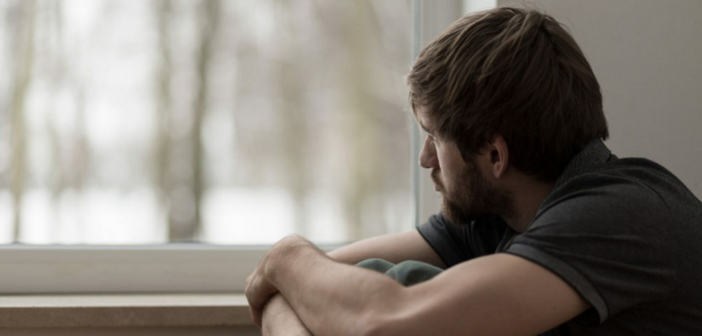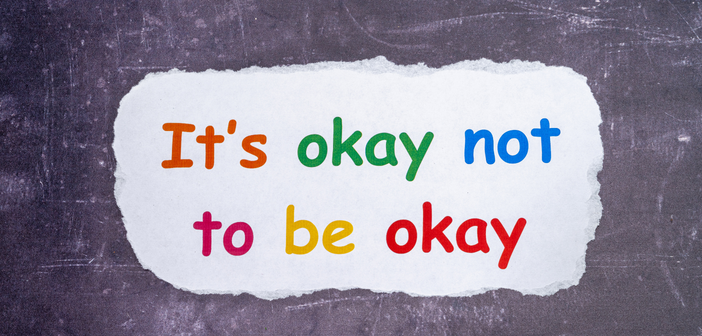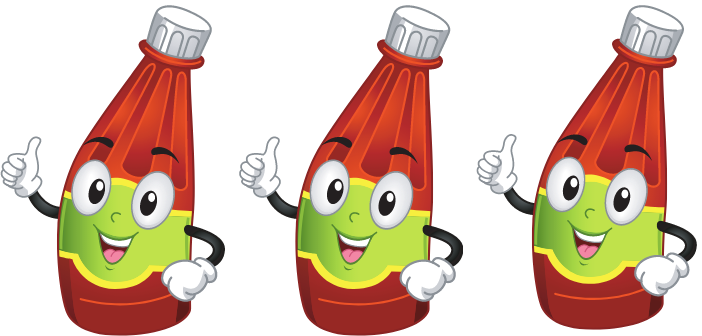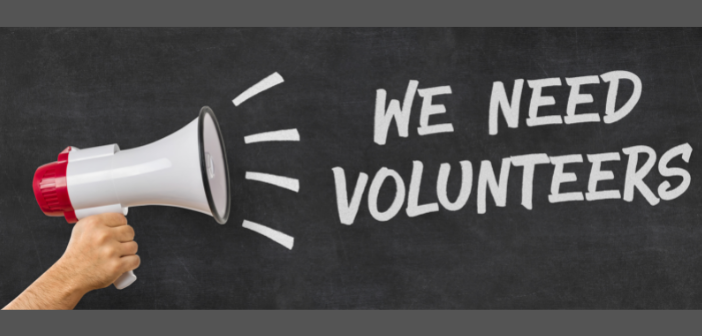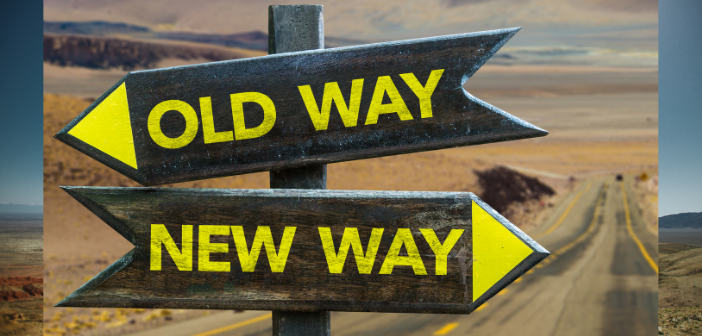Alright, you’re here. Whether porn is a struggle for you personally or not, this article is going to be very honest. And I hope you’re willing to be honest with yourself about where you’re at. Because as we all know, porn use is an ever-growing problem, and it’s one that church leaders are not immune to. (That would be really nice if we were, wouldn’t it?)
Let’s start with the facts from the most recent report from Covenant Eyes:
- Over 40 million Americans regularly visit porn sites.
- 1 in 5 Internet searches are for pornography.
- Over 40% of regular porn users started viewing pornography between the ages of 11 and 13.
- 64% of self-identified Christian men and 15% of self-identified Christian women view pornography at least once a month.
- Between 40-50% of pastors are currently struggling with porn.
- 75% of pastors don’t make themselves accountable to anyone for their Internet use.
Perhaps you’ve heard these statistics, but maybe you haven’t. Regardless, these really are startling, particularly the last two. Nearly half of spiritual leaders consider porn to be a current struggle…
My Story
I grew up in a Christian home. My dad was a small-church pastor and my mom was the CEO for a national ministry. I was heavily involved in church, and was a committed believer in Christ.
Nevertheless, I first encountered pornography when I was 9 years old, a little before the average age of 11 (which is becoming more and more common). I found it unintentionally and it, regrettably, sparked curiosity. Curiosity led to regularity which led to addiction.
Years and years of addiction.
This struggle had a strong hold on my life until I was in college, the year before I got married to my wife Larisa. During that year, two things changed: 1) I joined a group of multiple men who were in a similar place as me. And 2) I started seeing a counselor for a separate issue and discovered why I turned to pornography for so long despite my desire to change.
Has the struggle disappeared since then? No. But the progress I made that year has completely changed my life. I now have way more power over pornography than pornography has on me. And this was not just my own doing. As we know, the journey is as much a spiritual journey as it is a physical one. Success begins and ends with the incredible sanctification we find in Christ.
So for those of you who have struggled for a similar amount of time (or even longer), I get it. I get the battle. I get the disappointment. I get the feelings of inadequacy. And I get the desire to keep the struggle hidden.
If you’re reading this article because you’re a church leader and are currently struggling, we want you to know upfront that we’re for you. We’re with you. And we are not here at all to shame you. But we are here to be honest. And we hope you’re willing to be as well.
Pastor, if you’re not free, your congregation is not free. If you have secret sin, your congregation is probably full of secret sin. You have to acknowledge this. And you have to get help.
As Romans 6:4 says, “We were buried therefore with him by baptism into death, in order that, just as Christ was raised from the dead by the glory of the Father, we too might walk in newness of life.” As a believer in Christ, that newness of life is a reality you can claim. Is perfection the goal? No. But is progress the goal? Absolutely.
So here are 5 crucial actions for the pastor struggling with porn to take. These are what helped me, and I hope they help you to take steps on your journey as well:
1) Admit that it’s a problem.
As a church leader, the pressure to hide our problems from our congregation (and other leaders, our spouse, and the list goes on…) is heavy. The longer we keep it hidden, the easier it is to also convince ourselves that there’s not actually a problem.
But we can’t keep kidding ourselves.
Admitting you have a problem is the foundation of a step forward. As with any addiction recovery group, the first step is always to “admit I have a problem with _________.” If you can’t do this, you can’t move forward on any road to recovery, and you certainly shouldn’t keep reading this article.
When I was seeing a counselor and my history with pornography came up, they asked me a few questions to better understand my struggle. Answering their questions was the first time in over 10 years that I had ever been specific about my addiction, and it was a powerful (and kind of nauseating) moment. So here are some questions I want you to consider (and if you’re alone, say the answers out loud. It’s convicting and freeing to verbally admit the truth).
- How long has porn been a struggle?
- How frequent is your porn use? (Be honest. If you’re looking at porn twice a week, “a few times a month” is not the right answer.)
- What type of porn are you actually watching? (Name it. What are you looking at?)
2) Don’t struggle alone.
If you remember back to the stats at the beginning of this article, 75% of pastors don’t make themselves accountable to anyone for their Internet use. Pastor, you can’t walk this road alone. You can’t.
We all need someone who knows us — who really knows us. And those questions I just listed above? This person (or group of people) should know the answers to those questions.
There is a power in walking through this with others who understand, who are rooting for you, and who are just as committed to making progress on this journey as you are. So whether it’s an accountability partner, a group of others, or a counselor, please don’t struggle in isolation any longer.
3) Identify your triggers.
Growing up, my family always had a large garden in our backyard. One year the garden got invaded by a weed called thistle. (For any gardeners out there, you likely know how trying thistle can be.) A defining characteristic of this frustrating weed is its extensive root system. The key to getting rid of it is perseverance. It takes time but it won’t disappear until you exhaust the root systems. If you only deal with what’s above the soil, the roots will continue to grow stronger and the weed will continue to spread. The part that is above the soil might be the only portion that can be seen, but below ground there is a lot more going on.
Our struggle with pornography is the same way. If we ignore it or only deal with what’s above the soil of our hearts, that struggle will grow stronger and continue to spread like a weed. It’s tempting to merely treat the symptom of the deeper issue, to just try to fix the behavior. But only when we dig past the surface, into the soil of our hearts, can we discover what is actually going on inside of us. Just like thistle, if you settle with only treating the symptom, the behavior will keep showing up in your life and the roots will grow thicker around your heart. The stronger the root, the longer the weeding process takes.
To help you walk through this weeding process, I personally want to highly encourage you to find a counselor. Having someone else help you work through what’s in your heart can help you make conclusions you probably wouldn’t make on your own.
Because here’s the reality: Porn addiction is not just a sex issue. Sure, there are times when that’s the case. But there are often deep-rooted issues and triggers that lead to the behavior. So dig deep: Why do you look at porn? What are your emotional triggers that lead you to the behavior?
4) Don’t keep your spouse in the dark forever.
Caution: If your spouse doesn’t already know that you struggle, don’t just go straight from this article and admit everything out of feelings of conviction. More on this below…
You may have read this one and thought, “Wait… Tell my spouse? No way.” And I get that. I do. I was blessed to have been able to be honest with my wife about my struggle with pornography before we were even dating. And being honest with her throughout our relationship and owning the consequences of my actions was one of the most convicting and freeing things I’ve done.
In a recent TV show called All American, Coach Baker is given this wisdom about an affair that he’d been hiding: “You can’t start the healing process until you’re man enough to own your mistakes.” Pretty strong wording, but it’s true. Your spouse’s response might not be what you hope it will be and I can’t even promise it will turn out perfectly. But your sin affects your marriage, your sex life, and your perspective of your spouse. And part of the process of confessing this sin is eventually confessing it to your spouse.
Now back to the disclaimer. If you have struggled for a long time and your spouse doesn’t already know that you struggle, don’t necessarily let this be the first step you take. It’s fourth on this list for a reason because it may be best for you to take steps towards freedom and the help you need before you share honestly with your spouse.
But as Genesis 2:24 says, “Therefore a man shall leave his father and his mother and hold fast to his wife, and they shall become one flesh.” There’s one word that comes to mind here: Unity. As two are joined together, the vow you both make is a vow to pursue unity, for better or for worse. Two people can’t be completely unified if there isn’t honesty and open communication.
So share with your spouse carefully and intentionally. If you’ve pursued counseling (which, again, I highly recommend), it might be a good idea to have this conversation with your spouse alongside your counselor. But this is important. Don’t keep your spouse in the dark forever.
5) Remember your struggle is not your identity.
Through all this, don’t forget that your struggle with pornography is not your identity. The fact that you’re a pastor is not even your identity. Who you are in Christ is your identity. And here are some promises for those who belong to him:
“For I am sure that neither death nor life, nor angels nor rulers, nor things present nor things to come, nor powers, nor height nor depth, nor anything else in all creation, will be able to separate us from the love of God in Christ Jesus our Lord.” – Romans 8:38-39
“And behold, I am with you always, to the end of the age.” – Matthew 28:20b
“And I am sure of this, that he who began a good work in you will bring it to completion at the day of Jesus Christ.” – Philippians 1:6
“…And such were some of you. But you were washed, you were sanctified, you were justified in the name of the Lord Jesus Christ and by the Spirit of our God.” – 1 Corinthians 6:11
Pastor, you are not alone in this. Your Savior does not love you less. And whatever honesty costs you, He will never leave and He will never forsake you. You are His and He is faithful. And that is your identity. Stand in it and find the freedom you long for.
Organizations (w/ Additional Support for Spouse)
Further Resources:
– I Was a Pastor Hooked on Porn (Article)



